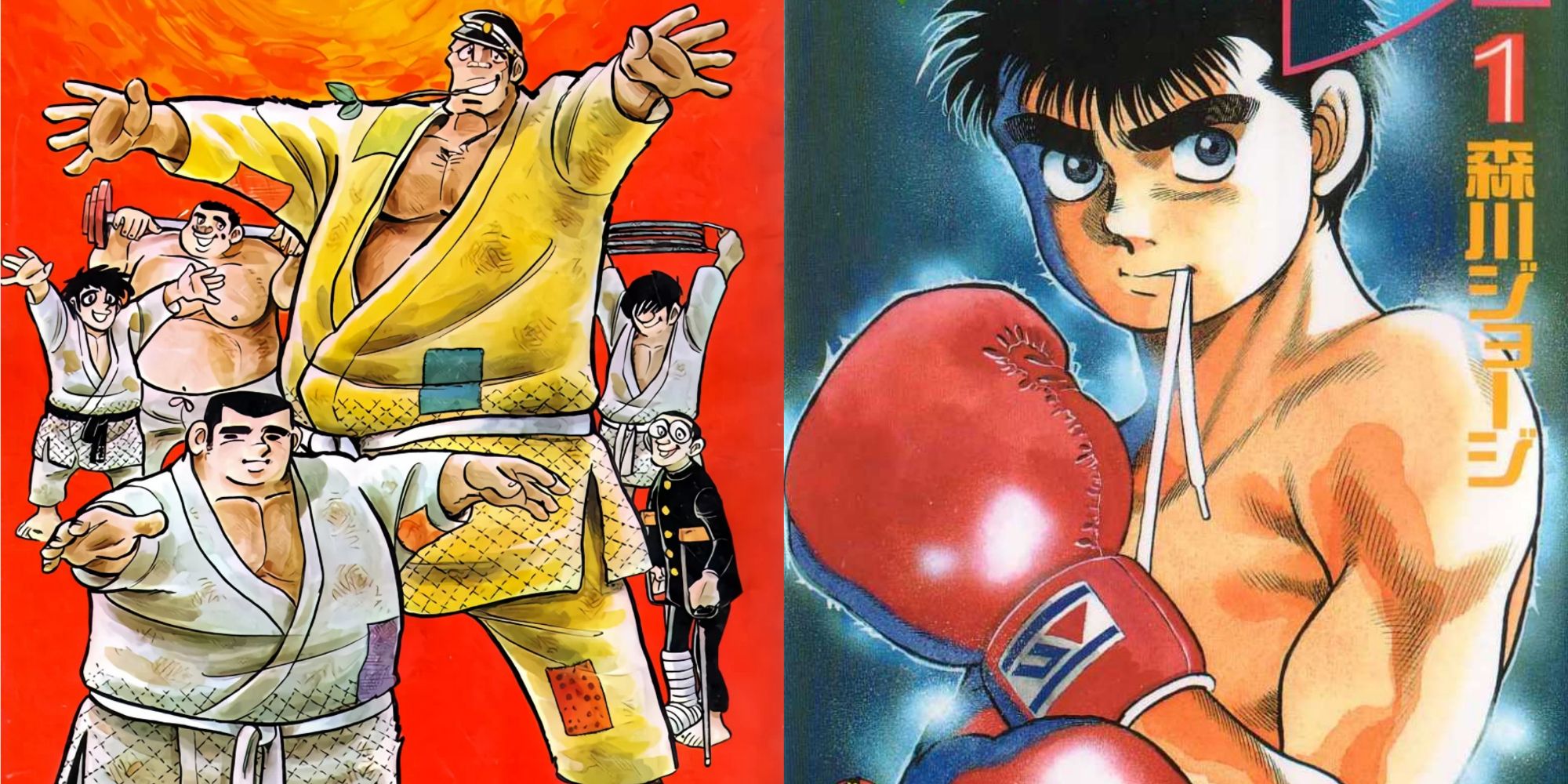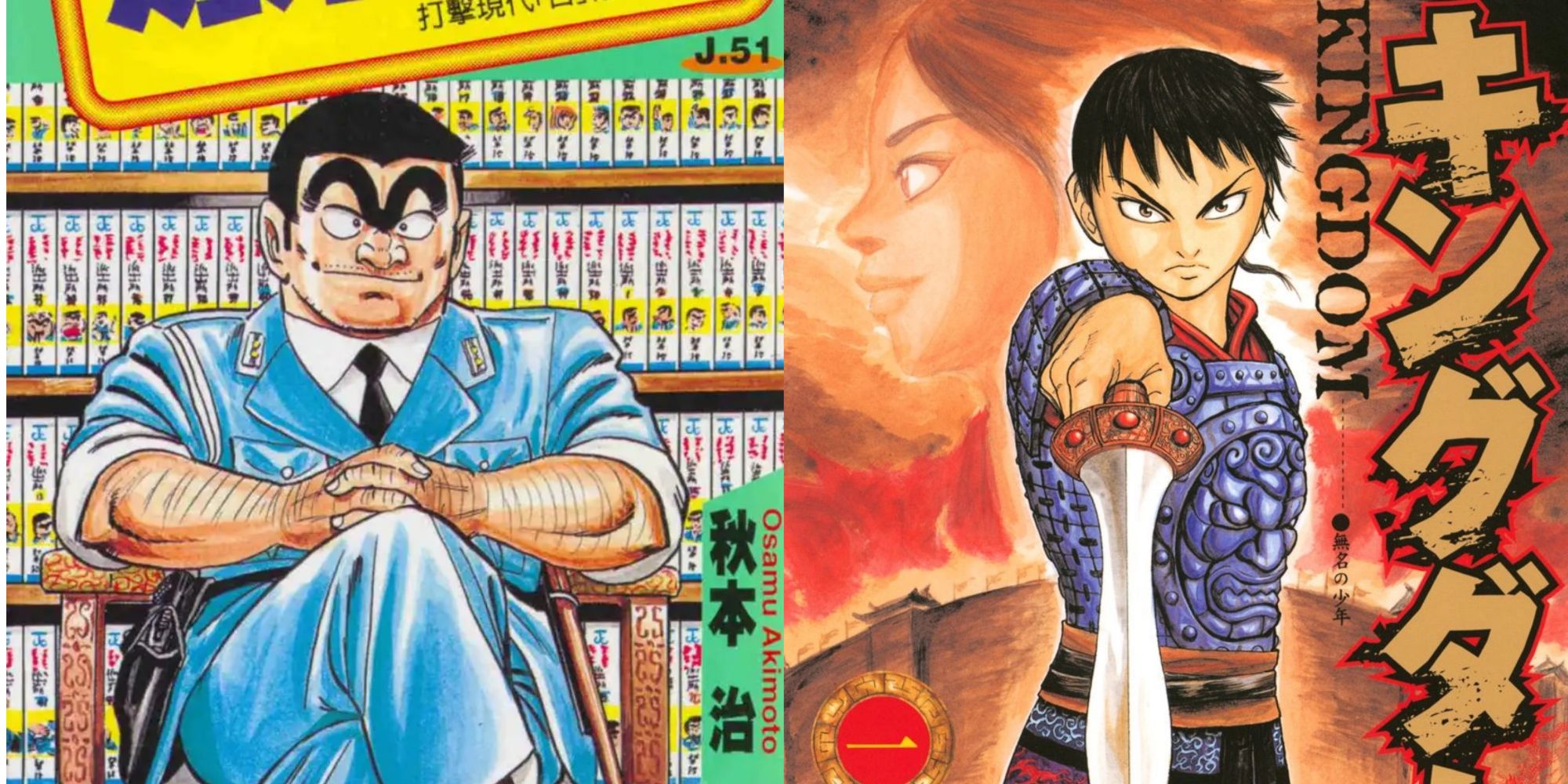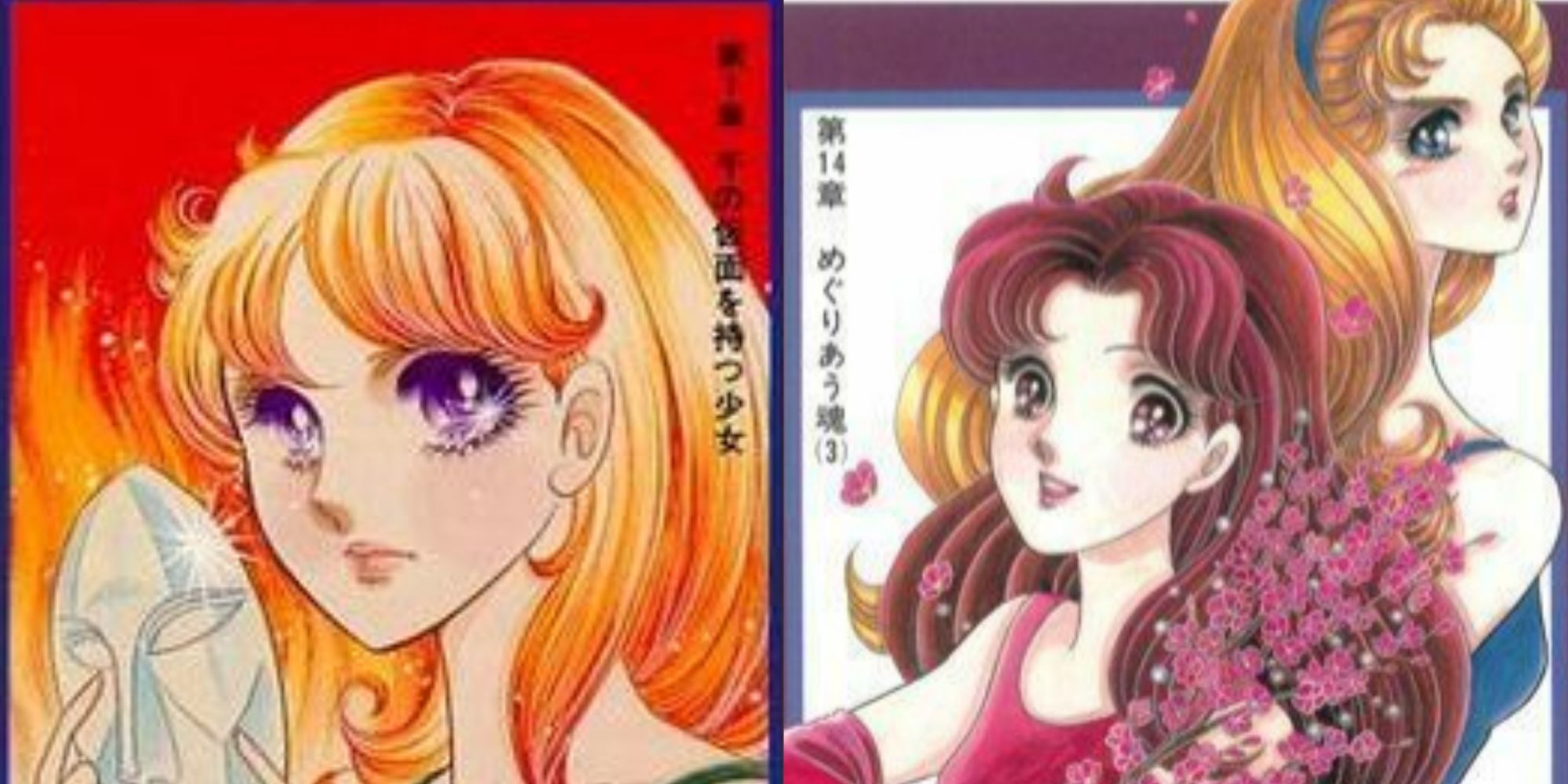Manga began being popularized in the United States in the mid-1990s because of works like Ghost in the Shell and Sailor Moon. While anime had already been an appreciated medium by U.S. fans since the ’70s, it took a bit more time and commitment for translators to put in the work for published manga.
Since the mid-1990s, the demand for manga in countries like the U.S. has skyrocketed. Thanks to its availability through stores like Barnes & Noble and Amazon, manga has become easily accessible. Even though it is easier for readers to get their hands on translated manga, some of Japan’s most popular manga are still unavailable in English.
Some of the Longest-Running Manga
Dokaben by Shinji Mizushima follows the lives of Taro Yamada and his teammates as they transfer to Meikun High School and join the baseball team. Mizushima’s original manga series was serialized between 1972 and 1981. He later wrote multiple spinoffs, completing the final series, Dokaben Dream Tournament, in 2018 — only four years before his passing. Dokaben is considered to be the second-most popular sports manga of all time, rating just underneath Slam Dunk by Takehiko Inoue. Not only is it one of the most popular sports manga, but it also has the second-highest number of volumes of any manga at 205. Dokaben has sold over 48 million volumes, ranking it in the top 60 manga of all time. Despite its high rankings in Japan, there has been no public discussion of an official English release. It is likely that it hasn’t been picked up for an English translation simply due to its length.
Hajime no Ippo by George Morikawa began serialization in 1989 through Weekly Shonen Magazine. There have currently been 135 volumes released, with more on the way. Morikawa’s series, while still ongoing, has become one of the best-selling series of all time. Hajime no Ippo is a boxing-themed manga that shares the tale of how Ippo Makunouchi found his passion for boxing. Even though this series has received multiple video games, a movie and three anime series with English-translated lines, there has yet to be a single chapter of the manga officially released in English. The series has reached high popularity, and it has over 100 million sales, making it the 17th most popular manga of all time. Fans are hopeful that there will one day be an English translation because of the popularity of the series, even though it has many volumes.
Popularity Isn’t Always Enough
Kochira Katsushika-ku Kameari Kōen Mae Hashutsujo — usually shortened to KochiKame — by Osamu Akimoto is a comedy series centering around the life of a middle-aged cop, Kankichi Ryotsu. Akimoto’s series was serialized in Weekly Shonen Jump from 1976 to 2016 and has been printed into 201 volumes, meaning it has the third-most volumes of a single manga series. KochiKame has been adapted into three animated films and an anime with 373 episodes and 27 specials. Along with those, KochiKame has been made into a live-action film, multiple stage plays and a live-action series. It is the eighth best-selling manga of all time, rated below Slam Dunk and above Demon Slayer: Kimetsu no Yaiba by Koyoharu Gotouge. While Akimoto’s manga series is extremely popular, it is likely that it hasn’t been translated into English due to the content of the story. Most of the comedy within KochiKame is relevant to life in Japan, so topics, jokes and more may not appeal to English-speaking readers.
Yasuhisa Hara’s Kingdom began its serialization through Weekly Young Jump at the start of 2006. As of 2022, the majority of Kingdom’s chapters have been published into 66 volumes. There are still a select number of more recent chapters that have yet to be collected into a volume. Despite its later arrival on the scene compared to manga like Dokaben and KochiKame, Kingdom has climbed the charts and is in the top 20 best-selling manga of all time with over 92 million sales. The story takes place in China during the Warring States Period. The main character, Xin, is fighting to be the greatest general in the world after joining forces with the King of Qin. Even though their journey has a rocky beginning, with the king being partially responsible for the death of his friend, Xin is able to identify the purpose of his friend’s death and the necessity to fight alongside the king. The series has gained great popularity with the help of an English-translated anime series that is currently running.
Not Yet Set for the Stage
Glass Mask by writer and illustrator Suzue Miuchi began publication in 1976 through Hana to Yume, a shojo manga magazine. The series is ongoing but has been on an extended hiatus since 2012. Chapters have been collected into 49 volumes so far and have sold over 50 million copies, making it the second best-selling shojo manga of all time. The main character of Glass Mask, Maya Kitajima, is an actress who wants nothing more than to beat her rival. She’s felt less than her entire life because of her appearance, intelligence level and her mother’s disapproval, but she doesn’t let that get in the way of her love for the stage. Maya’s story has been so well received that it has been developed into multiple anime and a television drama. While Glass Mask is extremely popular and a beloved shojo manga, it has yet to receive the opportunity to be translated into English for fans around the world.
There are many manga that have received the ability to be printed into English, which has allowed their popularity to skyrocket over the globe. However, some titles that haven’t been translated are still high in the rankings. It is both impressive and heartbreaking that these titles haven’t been translated into one of the most common languages in the world, yet they are still beating out translated titles. However, as the love for the manga industry increases worldwide, there is a chance that some or even all of these titles will be translated someday.















Leave a Reply